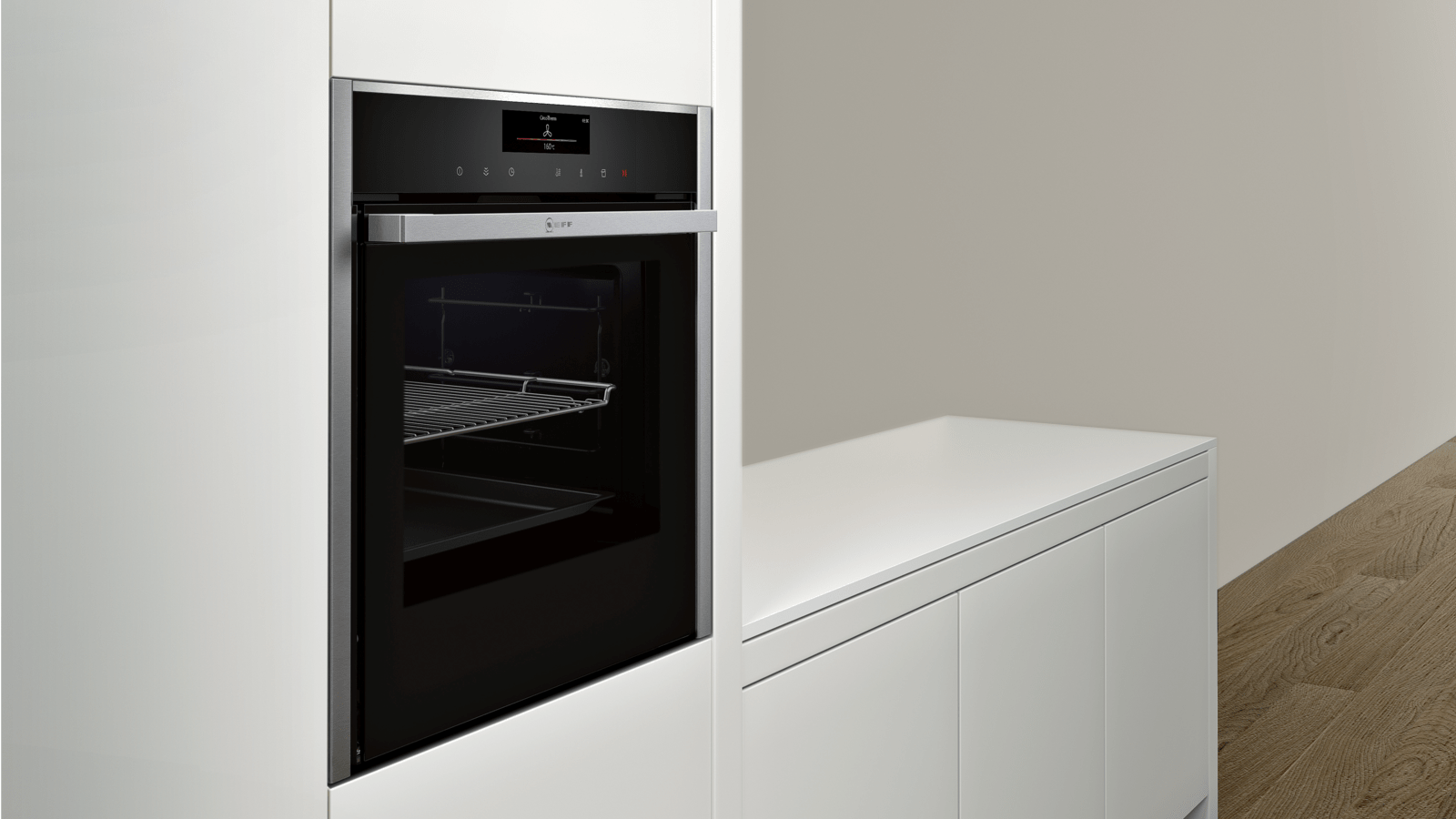Stainless steel is a low-maintenance material but it still needs some maintenance. A follow-up is necessary after every stainless steel installation. It ensures the satisfaction of customers. It also gives the installers a chance to further refine their service and products. Tea staining is a common issue found during follow-ups. A lot of people have no idea about this.
What is tea staining?
Tea staining refers to the brown surface stain on stainless steel. It is rust usually caused by salt air or similar atmospheric conditions. Contrary to its name, tea stain is not an actual stain. It does not affect the structural integrity of the stainless steel surface.
How to clean tea stains?
Stainless steel is easy to maintain. It keeps best when cleaned with soap, water, or mild cleaners. Here is a step-by-step process on how to combat tea stain.
- Start with a cream cleanser. Make sure it is bleach-free and chalk-based.
- Put the cream cleanser on a damp, soft cloth.
- Clean by wiping the stainless steel.
A gentle cleaning should be enough. If further cleaning is necessary, use a commercial stainless steel cleaner.
It is crucial to handle commercial stainless steel cleaners with care. These cleaners are often formulated with dangerous chemicals. Examples of these chemicals are oxalic, sulfamic, or phosphoric acids. Make sure to rebalance the ph of the steel after using any of these cleaners. Sodium bicarbonate or 1% ammonia solution will do the trick. Rinse the surface with clean water and wipe it dry with a clean cloth. Use a synthetic pad to rub the stain if a commercial cleaner does not work. Rub in the direction of the grain to prevent scratches. A synthetic pad is abrasive and can remove microscopic particles. It can change the dynamics and characteristics of the surface of the steel.
What to do with stubborn tea stains?
If all these are not enough to remove the tea stain on the stainless steel, contact a professional. Reba Scientific uses non-toxic solutions for stain removal from stainless steel. They protect it from future staining and corrosion by applying waxes after cleaning. The chemical engineers of Reba Scientific work hard to find safer plant-based chemicals. Only giant corporations used to be able to enjoy these chemicals. The exclusivity and costly price of these chemicals made it an unattainable luxury.
Today, with Reba Scientific’s commitment, these chemicals are now more accessible. They strive to provide premium safer chemicals to the wider public market. Reba Scientific does not cut corners on quality but offers affordability. Their chemical engineers create non-toxic passivation and cleaners through natural ingredients. Their products are highly versatile and applicable to many uses. The result is a reduction in waste and lower costs for companies.





